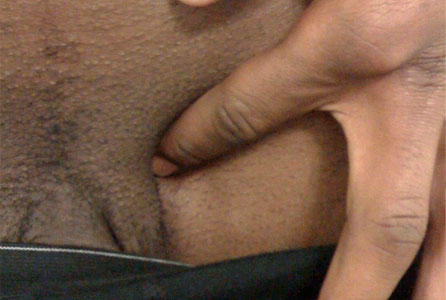
All about Male Groin Pain
Two primary causes of male groin pain would be inguinal hernia and the effects that come with hernia repair surgery in the long run. Up until recently, the majority of men have taken groin pain for granted. However, medical views are now changing and men might come to find that doctors no longer advise operations if hernia is asymptomatic or small.
The truth is: hernia repair surgery is no longer deemed as safe as before. Recent studies all over the world show that 30% of such operations could actually lead to serious complications like sexual dysfunction and long-term groin pain. It is true that these operations might still end well, but they could also end badly, making it impossible for people to return to their state before the operations.
Chronic and extreme groin pain is a highly serious problem that people report post- inguinal hernia surgery and is known to affect tens of thousands of patients every year without any known reasons. Debates are still going on regarding whether the groin pain syndromes are caused by inflammations, skin incisions, muscle damage, or nerves. Sometimes, groin pain vanishes; however, in a lot of cases, it stays for years.
Personal post-operative accounts have started to show up all over the World Wide Web, showing how many lives of young men have been ruined by such operations. These men no longer have anything to look forward to aside from a life filled with painkillers. Plus, with groin pain, morphine tends to be ineffective, too.
Because of this, doctors have to warn people about the potential consequences associated to groin pain. Surely, nobody would want to exchange asymptomatic inguinal hernia with chronic groin pain, sexual dysfunctions or hypoesthesia. Surgeons can still make their offers – but no recommendations – and patients should have the right to make their decisions on the matter.
It would also be high time for every surgeon and doctor to become more honest and open, even though a lot of them have already changed strategies to advocate "watchful waiting" in place of instant surgery. This would refer to hernia monitoring with views of delaying surgery as much as possible. Research shows that this particular approach could work exceedingly well without putting patients at risk. It might take decades for hernia to then become incredibly painful or uncomfortable that the surgery risk would be worthwhile.
Hernia support could actually improve a person’s overall life quality. Along with the appearance of watchful waiting, a lot of doctors are starting to recommend hernia support to keep hernia in. The proper type of support could make a significant difference to a person’s overall life quality while having to live with hernia. The majority of people have reported much more energy and less discomfort with this type of support. In fact, several men have even reported that their hernia has been healing alone, most of all with a better diet and stronger muscles due to abdominal exercises.
